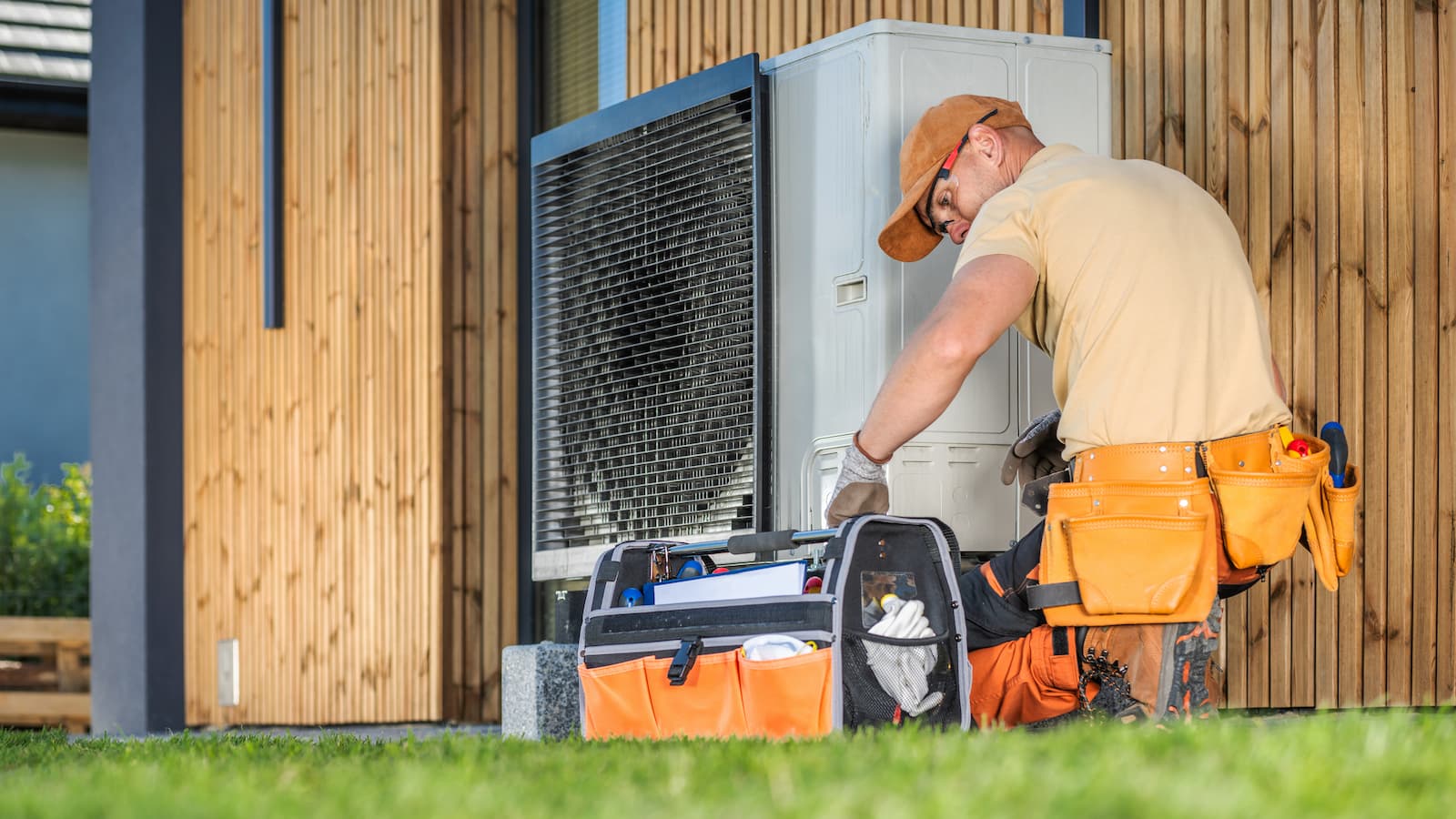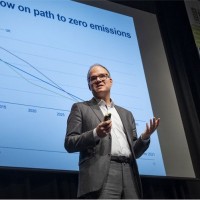Energy expert warns poor installation can make heat pumps cost more to run
It is claimed that poorly trained installers are causing a decrease in the efficiency of heat pumps, increasing costs and sometimes even making them more expensive to run than boilers

Not choosing a good quality heat pump installer could lead to a heat pump costing more to run, an energy expert has warned.
According to Jan Rosenow, Director at the European Programmes at Regulatory Assistance Project, poor installations are undermining the potential of air source heat pumps to match the efficiency of gas boilers.
He has put forward recommendations to improve the quality of installations that he claims will improve the efficiency of heat pumps.
Cost parity with boilers is needed to improve uptake
Rosenow has claimed that in order to improve heat pump uptake gaining at least a parity on running costs with gas boilers is needed.
However, he stressed that achieving cost parity with gas boilers hinges proper installing heat pumps, but despite heat pumps' efficiency advantage many are not achieving this cost parity due to poor installations.
He claims: “If you have an installer who is very well qualified, very well trained, who also does… the heat survey and then the installation, the commissioning, the whole journey, and you get a really efficient system, that can really drive down your running costs.
“We see a vast discrepancy between poor installs – which might just get you a coefficient of performance (the efficiency of a heat pump) of two, a really poor result – and really top ones, might get you up to five. So you're using, essentially, more than two-times less electricity to provide the same amount of heat.”
Get the Homebuilding & Renovating Newsletter
Bring your dream home to life with expert advice, how to guides and design inspiration. Sign up for our newsletter and get two free tickets to a Homebuilding & Renovating Show near you.

Jan Rosenow is the Director of European Programmes at the Regulatory Assistance Project (RAP), where he oversees strategy and operations. He is also affiliated with Oxford University's Environmental Change Institute and the Sussex Energy Group at the University of Sussex, along with the Free University of Berlin. Rosenow has published extensively on energy efficiency and serves on the boards of the European Council for an Energy Efficient Economy (eceee) and the Coalition for Energy Savings.
How can poor installations of heat pumps affect efficiency?
Rosenow claims these poor installations come from installers recommending the wrong products for households.
He claims heat pump companies use training that "usually takes two days" for their installers and this can often result in a heat pump "doesn’t suit the size of the home".
He explains that this reduces their effectiveness as: "If the size of the heat pump doesn’t suit the size of the home, or the ducting within, it won’t be as efficient."
He also states that if the radiators are too small and the flow temperature is high (e.g., 55ºC), it may be less efficient than using lower temperatures.
Investment in training is needed
Looking ahead, Rosenow suggested that addressing price differentials between gas and electricity through policy adjustments could further incentivise widespread adoption of heat pumps.
He pointed to successful models in countries like Denmark, where reduced electricity levies for heat pumps have bolstered uptake.
He concluded that installers need to be properly educated, stating: "These workers don’t just have to be trained, but trained well, lest they inadvertently turn customers off of the energy-efficient appliances just as the heat pump revolution is getting going."
Consumer advocacy groups have echoed these concerns, advocating for mandatory certification of heat pump installers to safeguard quality and reliability.
They emphasise that poorly installed systems not only compromise efficiency but also lead to potential downtime and increased costs for consumers.
They stated: “There is a major shortfall in the number of qualified installers available and this will need to be addressed by giving companies the confidence to invest in training.
“Numbers are not the only issue, consumers will also need to be assured that installers have the appropriate qualifications and skills, and the right consumer protections are in place.”

News Editor Joseph has previously written for Today’s Media and Chambers & Partners, focusing on news for conveyancers and industry professionals. Joseph has just started his own self build project, building his own home on his family’s farm with planning permission for a timber frame, three-bedroom house in a one-acre field. The foundation work has already begun and he hopes to have the home built in the next year. Prior to this he renovated his family's home as well as doing several DIY projects, including installing a shower, building sheds, and livestock fences and shelters for the farm’s animals. Outside of homebuilding, Joseph loves rugby and has written for Rugby World, the world’s largest rugby magazine.
